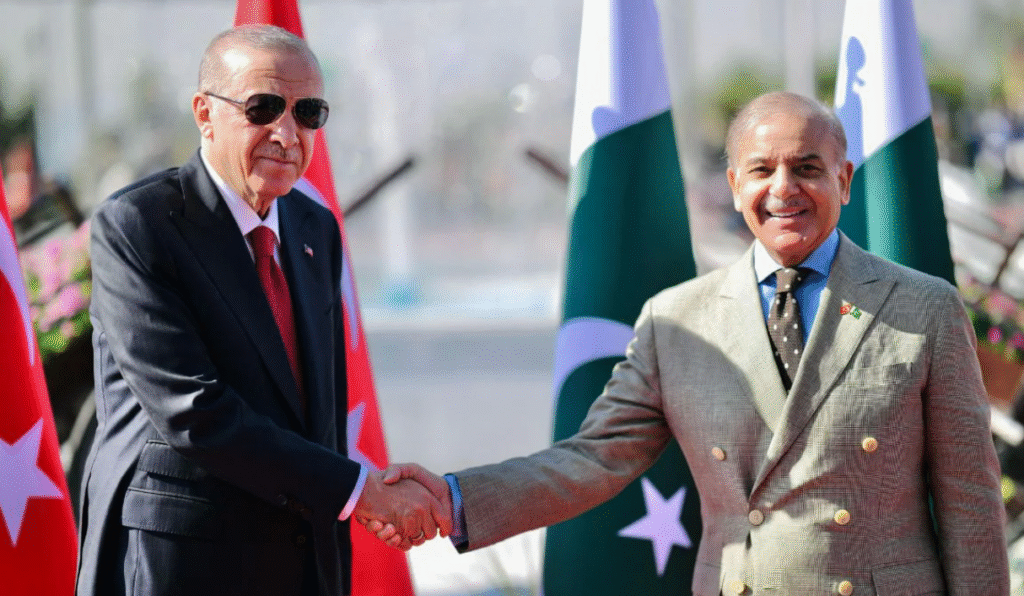Why the World Still Backs Pakistan: Shivshankar Menon Reveals the Brutal Truth Behind Global Double Standards.

In international diplomacy, ideals often give way to interests. This paradox is at the heart of India’s enduring frustration over global tolerance of Pakistan’s strategic behavior. Despite repeated evidence of its role in supporting terrorist groups, Pakistan remains engaged diplomatically, financially, and militarily by many of the world’s leading powers.
Former Indian National Security Adviser Shivshankar Menon recently laid bare this dilemma. Speaking candidly in an interview, he stated what most policymakers know but rarely admit publicly: “The world responds on the basis of what’s in their interest.”
Pakistan: A Perennial Geopolitical Pawn
It’s no secret that Pakistan’s strategic location has long made it a crucial player in international affairs. Wedged between Central Asia, the Persian Gulf, and South Asia—and bordering both China and Afghanistan—its geography alone grants it leverage. During the Cold War, Pakistan was the West’s bridge to China. Post 9/11, it became a partner—albeit a complicated one—in the U.S. war on terror.
That pattern continues today. For the U.S., Pakistan offers cooperation against regional terror threats like ISIS-K. For China, it’s a vital conduit for Belt and Road projects, especially the China-Pakistan Economic Corridor (CPEC). Even in the realm of emerging technology—such as cryptocurrency—Pakistan has kept itself relevant by aligning with global currents.
The Anarchy Argument
Another key driver of continued support is the fear of a failed state. No major power wants to see Pakistan—nuclear-armed and demographically massive—descend into chaos. The logic is brutal but practical: engagement is preferable to collapse. The recent $1.023 billion IMF disbursement and praise from U.S. CENTCOM as a “phenomenal partner” in counterterrorism aren’t endorsements of Pakistan’s domestic policies—they’re attempts at global damage control.
India’s Diplomatic Reality Check
India, while increasingly influential on the world stage, cannot expect others to see its priorities as their own. “Don’t set impossible tasks for diplomacy,” Menon cautioned, noting that global alignment with India’s concerns won’t happen just because New Delhi is right on the facts.
This is not a dismissal of India’s standing; rather, it’s a call for realism. International relations operate on a chessboard, not a courtroom. The game isn’t about who’s right—it’s about who brings value to the table.
Looking Ahead
The challenge for Indian diplomacy is not to convince the world of Pakistan’s flaws—on that front, there’s little real disagreement. The challenge is to make India more indispensable to other nations’ interests than Pakistan is. That means economic clout, technological innovation, defense collaboration, and soft power must become the tools of persuasion.
Because in a world driven by self-interest, being right isn’t enough—being useful is what truly moves the needle.

